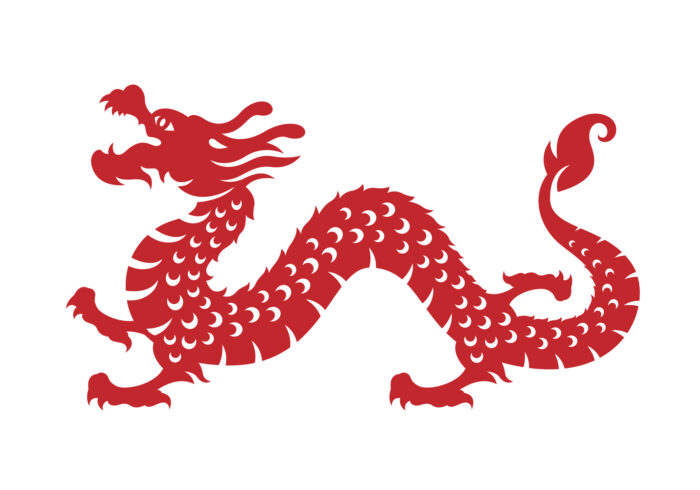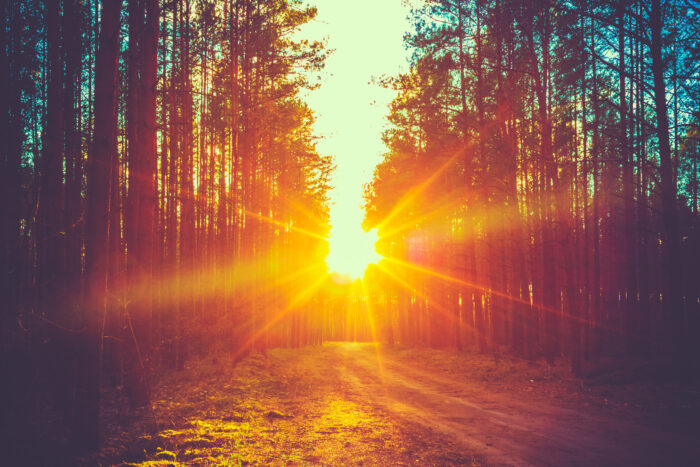
Make time to cultivate abundance this summer
Summer is a time of abundance, and it is a great time to cultivate and embrace abundance and joy. It is the time to harvest the fruits of our labor. We are at the peak of fiery yang energy, and then the season shifts into one of transformation. Chinese medicine associates our organs with phases or elements. In the summer, the fire and earth elements are dominant. The organs associated with fire are the heart and small intestine. The stomach and spleen belong to the earth element. The fire element brings in a quick and lively energy associated with joy. The earth element is all about transformation. It signifies the turning point between the peak of summer and the gradual change into fall. The earth element demonstrates an inflection point, just like the space between an inhalation and exhalation.
Alignment with the seasons and phases
People are often fascinated to hear about how their organs are associated with the different seasons and how this relates to symptoms they experience in their bodies.
In Chinese Medicine, there are five phases of transformation: wood, fire, earth, metal and water. While in Traditional Chinese Medicine these are called elements, Classical Chinese Medicine refers to them as phases because they develop and change into one another. The five phases or elements correspond to the seasons spring, summer, fall, and winter. In Chinese medicine further divides summer into summer and late summer. Late summer refers to the transformation between the warmer summer weather and cool fall weather. The seasons and phases (or elements) associate as follows:
- Spring: Wood. This is when nature starts stirring from winter’s dormancy. Trees and plants blossom. New branches grow out of old wood, and new growth begins.
- Summer: Fire. This is the time of warmth and activity. Nature is moving actively, and as a result is growing and flourishing.
- Late summer: Earth. This is the time of harvest. It is also is the pause between the rising of the warming and active phases of wood and fire and the declining and cooler phases of fall and winter.
- Fall: Metal. This is when nature lets go of what it no longer needs. Leaves fall from trees. Compost from the dead leaves enriches the soil so it can prepare for the next cycle of growth in the spring.
- Winter: Water. This is a time of rest. Animals hibernate, the days are shorter, and nature gets still and goes within to build up reserves.
How the summer season influences the organs
As I shared earlier, the heart and small intestines are the organs associated with the fire element and summer. Just as the flowers are bursting with vitality and many crops are at their peak in the summer, this is the perfect time to celebrate the gifts we have in this life and enjoy the fruits of our labor. It is a time to find things that make your heart happy. Do things that you love, and have fun. Plan enjoyable activities like taking a vacation with loved ones. Hike in the woods. Play at the beach. These are great ways to cultivate abundance and embrace joy and bring yourself in line with the fire element and the energy of the season.
The sensory organ associated with the fire element is the tongue. This is a good time to speak your truth and share what is in your heart. Also, expressing ourselves and moving our body facilitates the heart’s ability to circulate blood throughout the body. Since the fire element and heart are also associated with love, try to express yourself in the most loving way possible. Sometimes, it’s most important to direct that loving energy toward yourself.
Additionally, the earth element is all about digestion. This refers to literal digestion as the stomach digests food and the spleen transforms and transports the energy to be used by the body. It also refers to the digestion of thoughts and emotions. When we don’t express ourselves, the energy can get stuck and we can feel mentally stuck. We may have a repetitive thought that we can’t get out of our head. We might even feel physically stuck with issues like constipation and bloating.
Feeling stuck? Get help learning to cultivate abundance this summer
Every individual is unique, and no two people will experience the same symptoms for exactly the same reason. When I see a new patient, I make the time to ask a lot of questions and review their health history. This allows me to determine what is going on with their energy. For example, it is important to determine whether their energy is getting stuck or is deficient. I develop a customized treatment to address their specific needs and restore the balance of energy. This might involve acupuncture needles, ear seeds, qigong exercises, and diet and lifestyle advice.
Want to talk about how acupuncture and Chinese medicine can help you? I’d love to hear from you. Reach out and email me through our website or call or text 910-622-4269.
About the Author
Ericca Burke is the owner of HAVEN Acupuncture & Chinese Medicine where she provides acupuncture and Chinese medicine treatments in Wilmington, NC. Click this link to read more about Ericca.
About HAVEN Acupuncture & Chinese Medicine in Wilmington, NC
HAVEN Acupuncture & Chinese Medicine is an acupuncture and Chinese medicine practice located in Wilmington, NC just minutes from beautiful Wrightsville Beach. Click this link for contact information and directions. Click this link for a listing and description of services offered.



